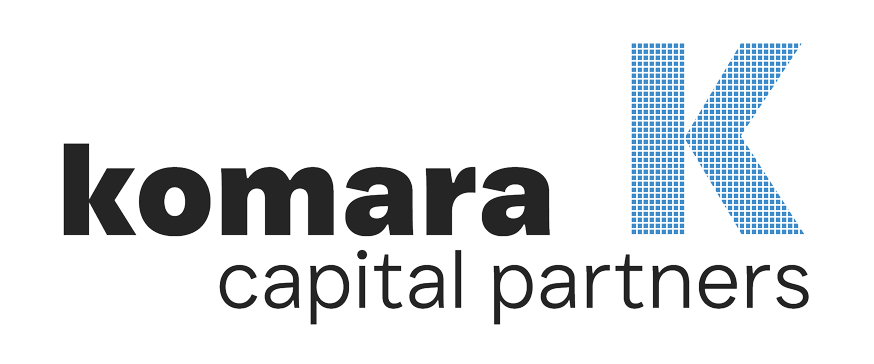What are the 9 Essential Estate Planning Documents You Need in Florida?
September 28, 2023

Summary:
1) Last Will and Testament
2) Preneed Guardian Designation
3) Advance Healthcare Directive
4) Durable Power of Attorney
5) Revocable Living Will
6) Letter of Instruction
7) Beneficiary Designations
8) List of Important Documents
9) List of Digital Assets
1. Last Will and Testament
A last will and testament is one of the most important estate planning documents because it outlines your final wishes. If you have assets or possessions you’d like to leave to certain family members, friends, or charities, you can express these wishes in your will. Without a will, the state will decide how your assets and possessions will be distributed.
2. Preneed Guardian Designation
A preneed guardian designation names someone to act on your behalf if your durable power of attorney and health care surrogate designation fail. If you fail to name someone as your guardian, the court could appoint someone you do not know or have never met to make medical and financial decisions for you.
3. Advance Healthcare Directive
An advance directive is a written legal document that outlines your instructions about your medical care if you become incapacitated. If you become incapacitated and cannot make your own medical decisions, an advance healthcare directive will ensure that your last wishes are carried out.
4. Durable Power of Attorney
A durable power of attorney allows you to appoint a person to make financial decisions on your behalf if you are incapacitated and unable to make these decisions on your own. The agent you appoint will have the authority to step in and make financial decisions for you, such as pay your bills, maintain your mortgage, sell any real estate on your behalf, oversee your investments, etc.
5. Revocable Living Trust
A revocable living trust, also known as a living trust, can be used as an alternative to a living will testament. Much like a will, a living trust dictates your last wishes, but it also dictates what happens if you become incapacitated, and it allows you to transfer assets to the trust while you are living. Upon your death, your revocable living trust becomes irrevocable. At this point, the successor trustee steps in and carries out your last wishes as outlined by you.
6. Letter of Instruction
A letter of instruction, also known as a letter of intent, is a document in which you can express your wishes about your funeral arrangements, medical care, or even the distribution of your assets and property. Think of the letter of intent as a way to communicate some of your wishes to your loved ones after your death.
7. Beneficiary Designations
A designated beneficiary is the person who will inherit the balance of an account, a life insurance payout, or an annuity. Beneficiary designations ensure that life insurance payouts, account balances, and annuities are inherited by the people of your choosing. You may name multiple beneficiaries if you wish, as well as multiple secondary beneficiaries.
8. List of Important Documents
A listing of important documents and their locations ensures your family members can find the estate planning and other important documents they will need to settle your affairs, and it makes it easier for loved ones to carry out your wishes. We recommend uploading these documents to the vault in your private and secure financial planning portal.
Important documents include:
- Bank accounts (statements)
- Life insurance policies
- Birth certificates
- Real estate deeds
- Retirement accounts
- Social Security records
- Death certificates
9. List of Digital Assets
In today’s digital world, a list of your digital assets is important when planning your estate. Digital assets can include:
- Website domain names
- Electronically stored videos and photos
- Social media accounts
- Emails
A listing of your digital assets, their locations, passwords, and any wishes you have about them ensures your family members can find, access, and settle these according to your wishes. If your estate plan doesn’t include a provision for digital assets, your loved ones may not be able to access your social media accounts, photos, videos, emails, and other digital items after your passing. We recommend uploading information about your digital assets to the vault in your private and secure financial planning portal.
